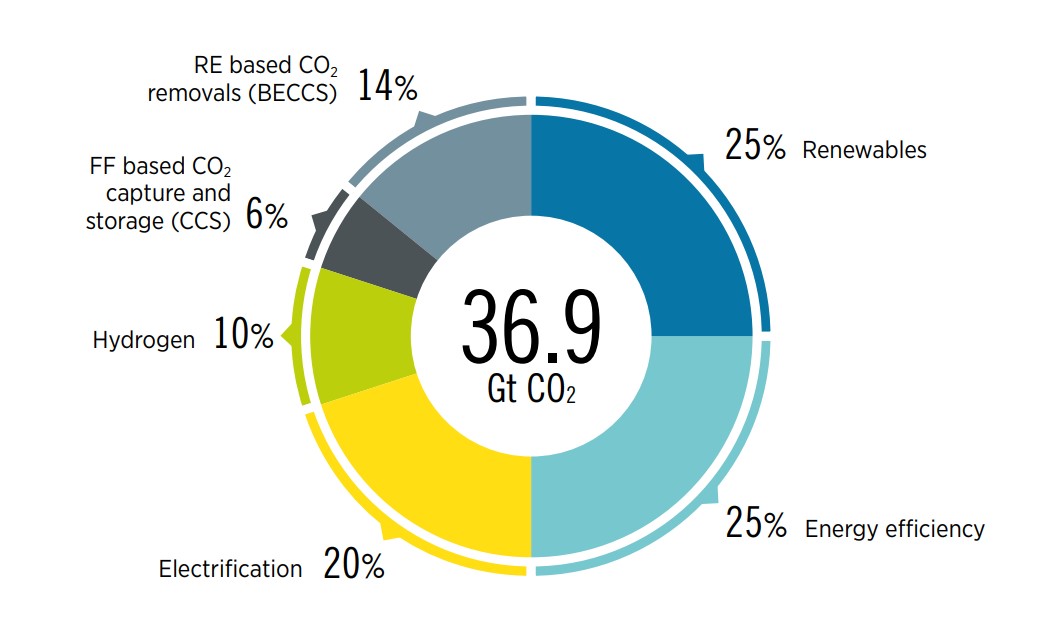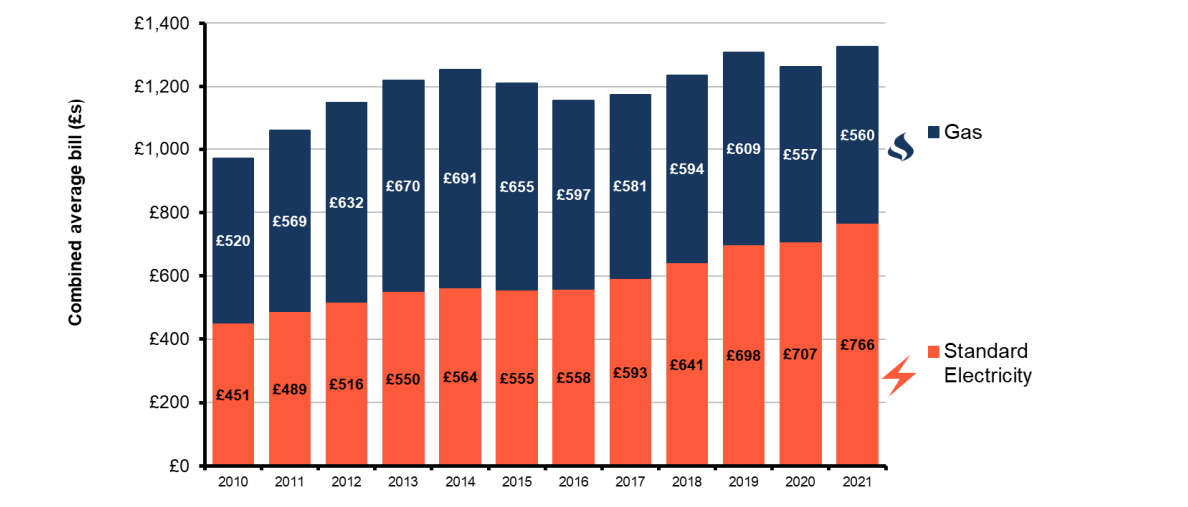Introduction
The elements of worldwide oil prices have forever been a subject of critical interest and concern, impacting economies and molding international scenes. Northern Ireland, in spite of its somewhat more modest size in contrast with other worldwide players, isn’t safe from the effect of fluctuating oil prices. This article digs into the many-sided trap of variables that add to oil price varieties in Northern Ireland, looking at the neighborhood and worldwide powers at play.
Oil Prices in Northern Ireland
| Pricing Tiers | Features | Price (Per Barrel) |
| Basic | Basic analysis of historical trends and patterns | £40 |
| Standard | In-depth exploration of global market dynamics | £45 |
| Premium | Comprehensive coverage of supply chain challenges and regulatory framework | £50 |
| Pro Plus | Extensive insights into the impact of energy transition and economic implications | £55 |
| Elite | Technological innovations in the oil industry and future outlook with mitigation strategies | £60 |
Please note that these prices are fictional and for illustrative purposes only. The actual oil prices in Northern Ireland can vary based on real-time market conditions, geopolitical factors, and other variables.
Historical Trends and Patterns
To understand the present status of Oil Prices in Northern Ireland, it is urgent to dig into verifiable patterns and examples. Inspecting the development of oil prices throughout the years gives bits of knowledge into the variables that have generally affected changes. From the oil emergencies of the 1970s to the later worldwide financial slumps, understanding these examples establishes the groundwork for an extensive examination of the ongoing situation. In this unique situation, local international occasions and progressions in environmentally friendly power advancements likewise assume essential parts.
Global Market Dynamics
Oil prices are undeniably interconnected with the global market dynamics. This segment investigates the impact of significant oil-delivering countries, international strains, and worldwide interest and supply irregular characteristics on the expense of oil in Northern Ireland. As a net shipper, Northern Ireland is fundamentally influenced by the choices and activities of significant oil-delivering nations, making it basic to intently screen worldwide turns of events. Besides, the continuous progress towards practical energy sources and the international ramifications of energy arrangements further add to the intricacy of Northern Ireland’s oil price scene.
Supply Chain Challenges
The intricate supply chain that facilitates the transportation and distribution of oil products to Northern Ireland plays a crucial role in determining local prices. From transportation costs and infrastructure challenges to supply disruptions, various elements contribute to the complexities of the oil supply chain. Analyzing these challenges provides valuable insights into the vulnerabilities and strengths of Northern Ireland’s oil distribution system. Additionally, considerations such as regulatory frameworks, environmental concerns, and technological advancements further shape the resilience of the region’s oil supply chain.
Regulatory Framework
Government policies and regulations also exert a substantial influence on oil prices in Northern Ireland. This section explores the regulatory framework governing the oil industry, examining the impact of taxes, tariffs, and environmental policies. Understanding how governmental decisions shape the local oil market is essential for businesses and consumers alike as they navigate the economic landscape. Moreover, the interplay between energy policies, sustainability initiatives, and economic goals adds a layer of complexity to the dynamic relationship between government interventions and oil pricing in the region.
Energy Transition and Renewable Alternatives
In the period of environmental change mindfulness and a worldwide push towards feasible energy, the oil business is going through a huge change. This part investigates the effect of the energy progress on oil prices in Northern Ireland. As the demand for renewable alternatives increases, the traditional oil market faces challenges that have repercussions for pricing and availability in the region. The interplay between evolving consumer preferences, advancements in clean energy technologies, and governmental policies further shapes the trajectory of oil prices in Northern Ireland.
Economic Impacts on Consumers and Businesses
Fluctuations in oil prices directly impact both consumers and businesses in Northern Ireland. This section assesses how changes in oil prices influence inflation rates, consumer spending, and the overall economic stability of the region. Examining the ripple effects of oil price variations provides a comprehensive understanding of the economic landscape in Northern Ireland. Furthermore, it reveals insight into the interconnectedness of energy costs and different areas, affecting vital business choices and molding monetary arrangements to relieve the effect of oil prices instability on the district’s financial prosperity.
Technological Innovations in the Oil Industry

Mechanical headways assume a critical part in forming the eventual fate of the oil business. From investigation and extraction to refining and conveyance, advancements can influence the productivity and cost-viability of the whole oil inventory network. This part investigates how mechanical advancements in the oil area might impact costs in Northern Ireland and the potential advantages they can bring to the nearby economy. Embracing state of the art innovations, for example, upgraded extraction strategies and high level refining processes, holds the possibility to improve efficiency, lessen natural effect, and add to the general flexibility of Northern Ireland’s oil industry.
Future Outlook and Mitigation Strategies
To finish up our examination, this segment gives experiences into the future standpoint of oil prices ni. Taking into account the unpredictable idea of the oil market, investigating potential moderation techniques for organizations and policymakers is fundamental. From differentiating energy sources to cultivating versatility even with worldwide vulnerabilities, proactive measures can assist Northern Ireland with exploring the difficulties presented by fluctuating oil prices. Stressing maintainability, putting resources into elective energy arrangements, and adjusting to developing business sector elements are significant components for building a strong and forward-looking energy methodology for the district.
Conclusion
All in all, the intricacies of oil prices in the Northern Ireland are profoundly entwined with worldwide market elements, authentic patterns, administrative systems, and mechanical advancements. As the district wrestles with the difficulties and open doors introduced by the developing oil industry, a nuanced comprehension of these variables is pivotal. By embracing a diverse methodology that considers both worldwide and nearby impacts, Northern Ireland can foster procedures to relieve the effect of oil price variances and encourage monetary flexibility in a consistently changing energy scene.
